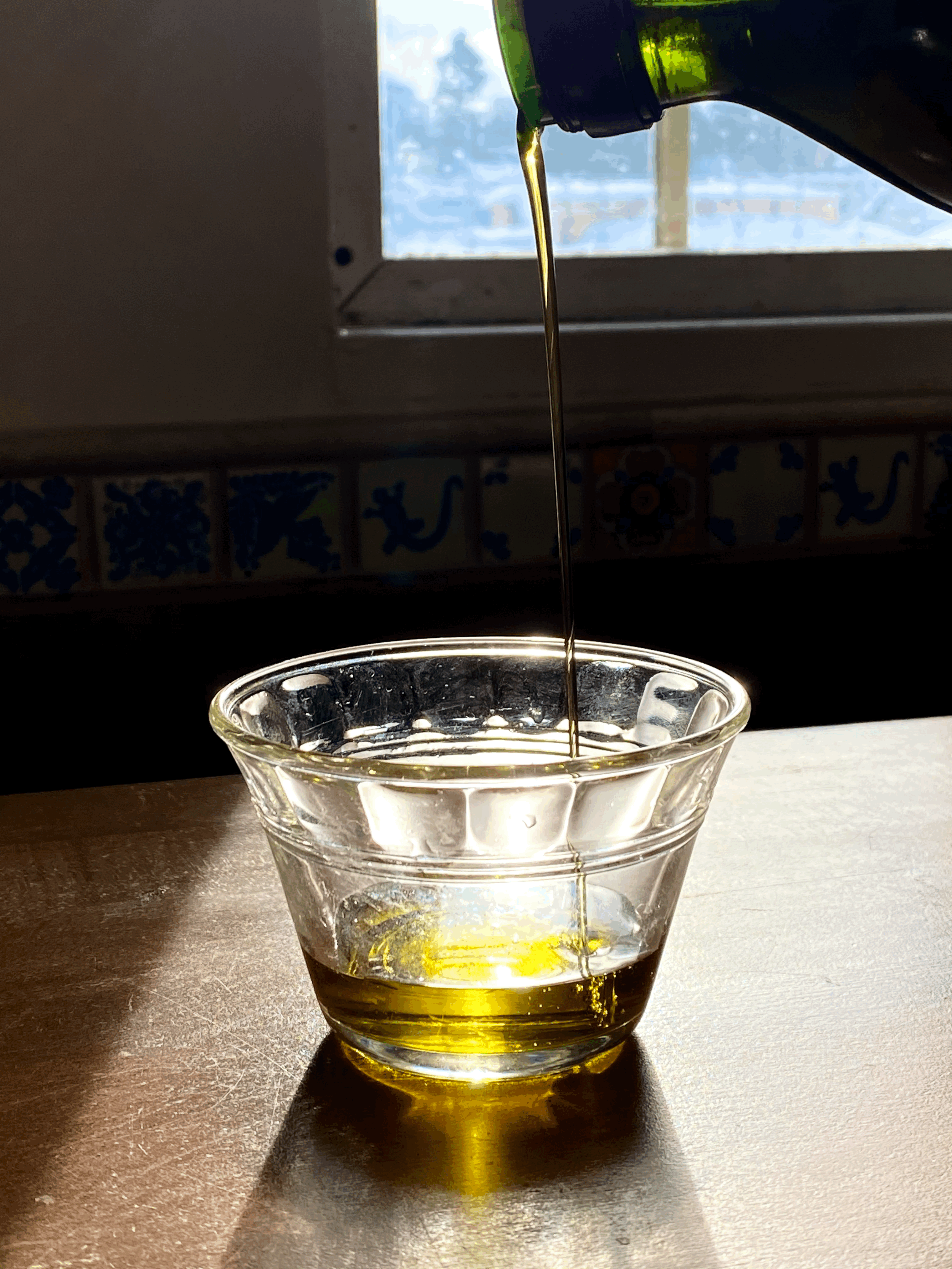
Perennial Plants for Soil Health
Guest contributor, Laura Danial, rings us an in depth analysis of how perennial crops can be better for soil health and how places like The Land Institute are working on creating perennial replacements for some of our annual staple crops like wheat.

I am Not a Tractor: Book Review
Guest contributor, Colleen Alexander, takes us into Grounded Grub’s first ever book review. Through the review of I am Not a Tractor! How Florida Farmworkers Took On the Fast Food Giants and Won by Susan L. Marquis readers can get a better understanding of the conditions in which Florida tomato farmworkers are working and the efforts to create better working conditions for farmworkers .

March 2021 Policy Updates
There has been so much happening as a new administration steps into the White House and policy change is proposed, we rounded up some of the latest updates and changes to help you keep up.

Greens in the Winter: Spinach
How do farmers utilize high tunnels and greenhouses to make winter greens available, even in super cold climates? We’re diving into winter leafy green crops and how delicious spinahc can be available year round!

Hunts Point Strike: Essential workers forced to protest for a single-dollar raise
In the first weeks of January 2021, 1,400 workers in the Bronx, New York went on strike with a very simple request: a $1 per hour raise and better health insurance. These workers are members of Teamsters Local 202, the union representing produce workers at the Hunts Point Produce Market that supplies around 60% of New York City’s fruits and vegetables. This high profile strike has led to a heightened conversation around worker rights and benefits, especially during the pandemic.

A Guide to Cooking Oils
We’re taking a closer look at the huge selection of oils now readily available to consumers. With so many options to choose from, so many potential uses, and endless opinions on which are the most environmentally friendly varietals, it can be paralyzing to find the right oil for the right job and feel good about it. This quick guide aims to help!

How the Rice Industry is Contributing to Sustainable Agriculture
Guest contributor, Osamu Tsuda, takes us on a deep dive into the world of rice! How it’s grown, the impact it has on the global food system, how its processed, the different varieties, and the sustainable future of rice, Osamu unpacks it all!

Drinking Responsibly: Hard Cider
For the latest installment of our “Drinking Responsibly” series, we explore hard cider. With history like beer and production processes like wine, hard cider is an exciting drink with many avenues to sustainability.

Meat Without the Animal? The Growing Field of Cellular Agriculture
Contributing writer, Colleen Alexander, shares a general overview of lab grown meat products, their viability in the market and the implicants they hold for sustainability and animal welfare.

Breaking Down Recycling: Cans
Driven by a desire break down the black box of can recycling for all of you, and my own personal obsession with cans, I’ve ventured down a research rabbit hole and come out the other side with some simple takeaways, clear explanations, and helpful tips to make the most of your recycling pursuits!

The American Mindset and Sustainability
“I’ve always believed that some of the reasons we have been unable to address sustainability as a country is because of American’s mindset of freedom, a freedom focused acutely on the individual. I’m obviously not against freedom, I just believe there are always going to be limitations. We put limitations on our freedom constantly with the laws that are passed to keep us all safe: seatbelts, chemical laws, etc. I believe our inability to deal with environmental issues as a country can be attributed to our acute sense of freedom, our capitalistic economy, and our individualistic mindset.”

Fizzy Funky Fresh: The Sequel
Last year we wrote a beginners guide to homemade kombucha, since then, we’ve gotten tons of stories and recommendations from our community, and learned a whole lot ourselves about some amazing tips and tricks to bring your booch to the next level and fine tune your brewing skills! So, without any further ado, we present Fizzy, Funky, Fresh: The Sequel.

The Producers: Edible Uprising Farm
Alicia Brown and Ben Stein may only farm on one acre, but Edible Uprising Farm impacts their community in upstate New York in a major way. With the sounds of Troy, NY literally just down the road, Alicia and Ben are producing food organically, caretaking the land and providing for their community along the way.

An Ode to Microsymbionts
Contributing writer, Harry Tibbetts, shares with us an ode to Microsymbionts, the fermenting magic behind so many of our favorite foods.

A Campaign to Redefine “Chinese Restaurant Syndrome” and Stifle Xenophobia
This past year, a campaign to redefine “Chinese Restaurant Syndrome” (CSR) was launched by activists around the world. CSR is actually defined in the Merriam-Webster dictionary as “a group of symptoms held to affect susceptible persons eating food heavily seasoned with monosodium glutamate”. The campaign’s argument is that this definition is not only scientifically false, but that it also upholds the racism and xenophobia that spawned the term in the first place.

The Producers: Integral Farm
The beginning of our “The Producers” series is an interview with Nick Baltos, farmer and founder of Integral Farm in the Umpqua Valley in Roseburg, Oregon. Integral Farm is a small, CSA-driven farm with a major focus on holistic sustainability.

Musings on Mushrooms
Beyond the science of how mushrooms grow and their fantastic nutrition benefits, mushrooms can be a lens through which to view the world. We love to talk about food and culture, and how much our food system has changed along with our societal norms over time. You’ll find ways to learn more about mushroom production as well as a personal essay from Hannah and her history-nerd father who has always had a deep fascination with mushrooms and the magic they hold.

Resource Guide for Supporting Indigenous Food Sovereignty
As we were putting the resources together for our anti-racism guide, we also reflected on the unique position of the American Indian Tribal Nations and their descendants in the United States, and the urgent need to highlight and uplift the voices of Indigenous led organizations working towards food sovereignty as well. Indigenous communities are leading the way to tribal sovereignty, food sovereignty, and the cultivation of traditional foodways—the cultural, social, and economic practices relating to the production and consumption of food. We hope you’ll use this collection of resources as a starting point for learning about Indigenous food and tribal sovereignty, and engage deeply with organizations in your local area and the land where you reside.

Food Policy Councils
Food policy councils (sometimes called “food system alliances” or “food system networks”) have emerged to address gaps in local policies that focus on food. Food policy councils are made up of representatives from many sub-sectors of the food system. Most communities have transportation, housing, or land use policies, but food policies are frequently overlooked or missing all together. Food policy councils are an important way to bring community members together with local governments to promote the social, economic and environmental health of local and regional food systems.

Spices, Sustainably
For most of us, spices are the light switches that illuminate worlds of flavor and creativity in the kitchen. But beyond flavor and complexity, spices are a window into cultural cuisines, regional ecosystems, and millenia-old trade markets, with common threads of colonization and environmental exploitation. In this article, we’ll touch on what spices are, how they came to be a globally traded commodity, and what you can do to support a more direct and equitable spice market.